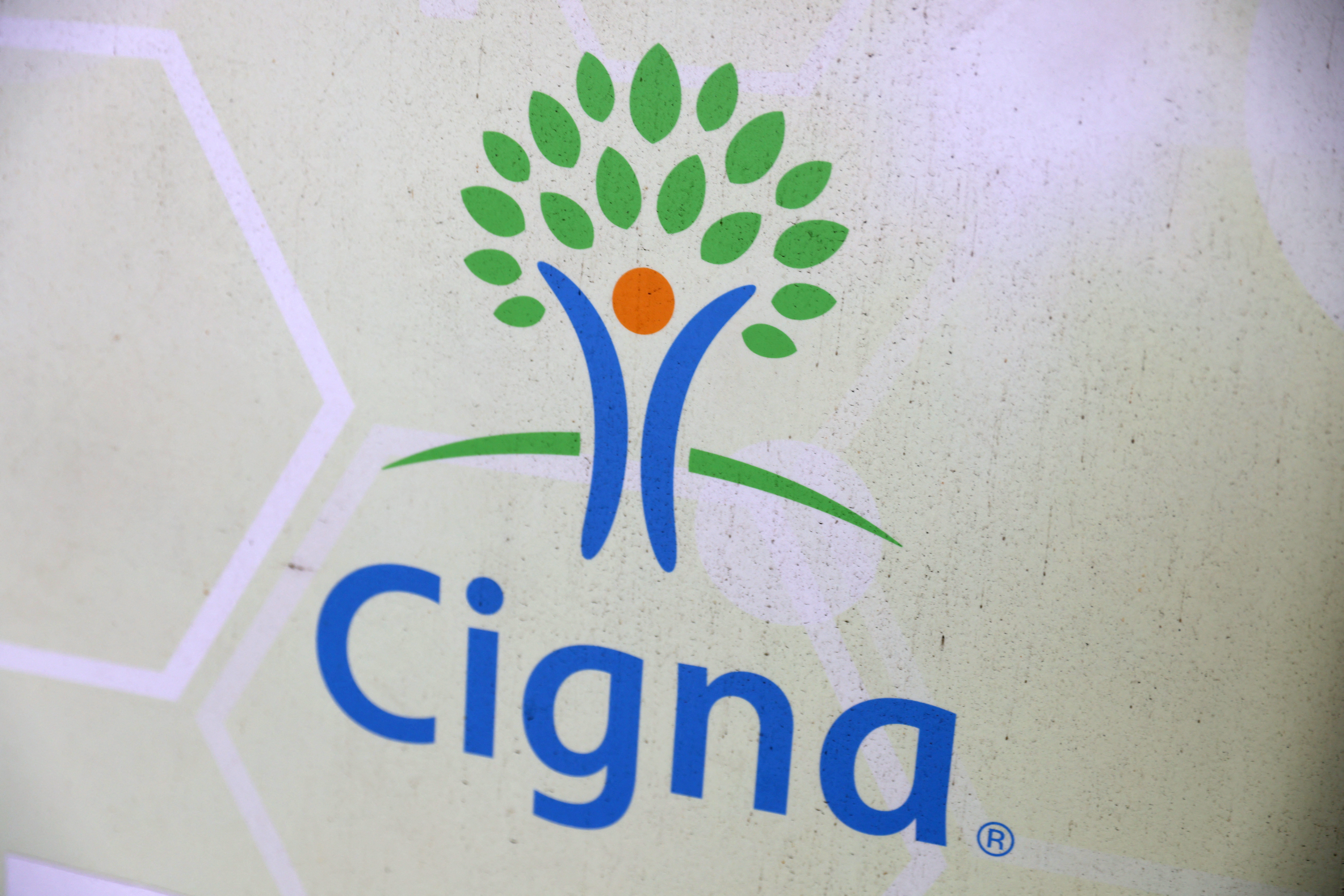 Pharmacists Fight Back: New Bill Aims to Reform Drug Supply Chain Middlemen
Pharmacists Fight Back: New Bill Aims to Reform Drug Supply Chain Middlemen
Introduction:
Lawmakers have introduced a new bipartisan bill that seeks to address the business practices of pharmacy benefit managers (PBMs), who are accused of inflating prescription medication prices and harming both patients and pharmacies. The bill, known as the “Pharmacists Fight Back Act,” aims to ensure fair and transparent reimbursement for community pharmacies while lowering healthcare costs for patients enrolled in federal health-care programs.
Cracking Down on PBMs:
The legislation, introduced by Reps. Jake Auchincloss (D-Mass.) and Diana Harshbarger (R-Tenn.), targets PBMs, such as UnitedHealth Group’s Optum Rx, CVS Health’s Caremark, and Cigna’s Express Scripts. These middlemen negotiate rebates with drug manufacturers on behalf of insurers, large employers, and federal health plans. However, there are concerns that PBMs overcharge plans, underpay pharmacies, and fail to pass on savings to patients.
Addressing Rising Healthcare Costs:
According to Rep. Auchincloss, PBMs have trapped $300 billion in revenue within the drug supply chain, resulting in rising healthcare costs. The new bill aims to tackle these practices and ensure that pharmacies can thrive as small business owners while providing essential clinical and pharmacological advice to patients.
Increasing Transparency and Reimbursement Reform:
The proposed legislation focuses on increasing transparency around PBM business practices and banning spread pricing, which involves charging plans more than what they pay pharmacies for a drug. Additionally, the bill requires PBMs to share 80% of rebates with patients and prohibits tactics such as steering patients to PBM-affiliated pharmacies or excluding in-network pharmacies from filling prescriptions.
The Role of Drug Manufacturers:
While PBMs argue that drugmakers are responsible for setting high list prices for drugs, critics believe that the middlemen play a significant role in driving up costs. The bill seeks to address this issue by introducing a new pharmacy reimbursement model based on a drug’s national average drug acquisition cost (NADAC). This model ensures that the price of medications reflects the actual cost of goods for pharmacies.
The Biden Administration’s Pressure on PBMs:
The Biden administration has also prioritized addressing the practices of PBMs, especially as Americans struggle to afford prescription drugs. The Federal Trade Commission plans to sue Caremark, Express Scripts, and OptumRx, further intensifying scrutiny on these companies.
Legislative Momentum and Reform:
Efforts to reform PBMs have gained bipartisan support at both the federal and state levels. Last year, legislation targeting PBMs advanced through House and Senate committees, with one proposal overwhelmingly passing the House in December. However, PBM reform was excluded from a recent government spending package, leading to stalled momentum.
Conclusion:
The introduction of the Pharmacists Fight Back Act represents a significant step towards addressing the concerns surrounding PBMs and their impact on prescription medication prices. By focusing on increasing transparency, reforming reimbursement models, and prohibiting certain practices, this bill aims to protect independent pharmacies, make life-saving drugs more affordable for patients, and generate savings for taxpayers. As the Biden administration continues its efforts to hold PBMs accountable, the future of PBM reform remains a critical topic in healthcare policy.
